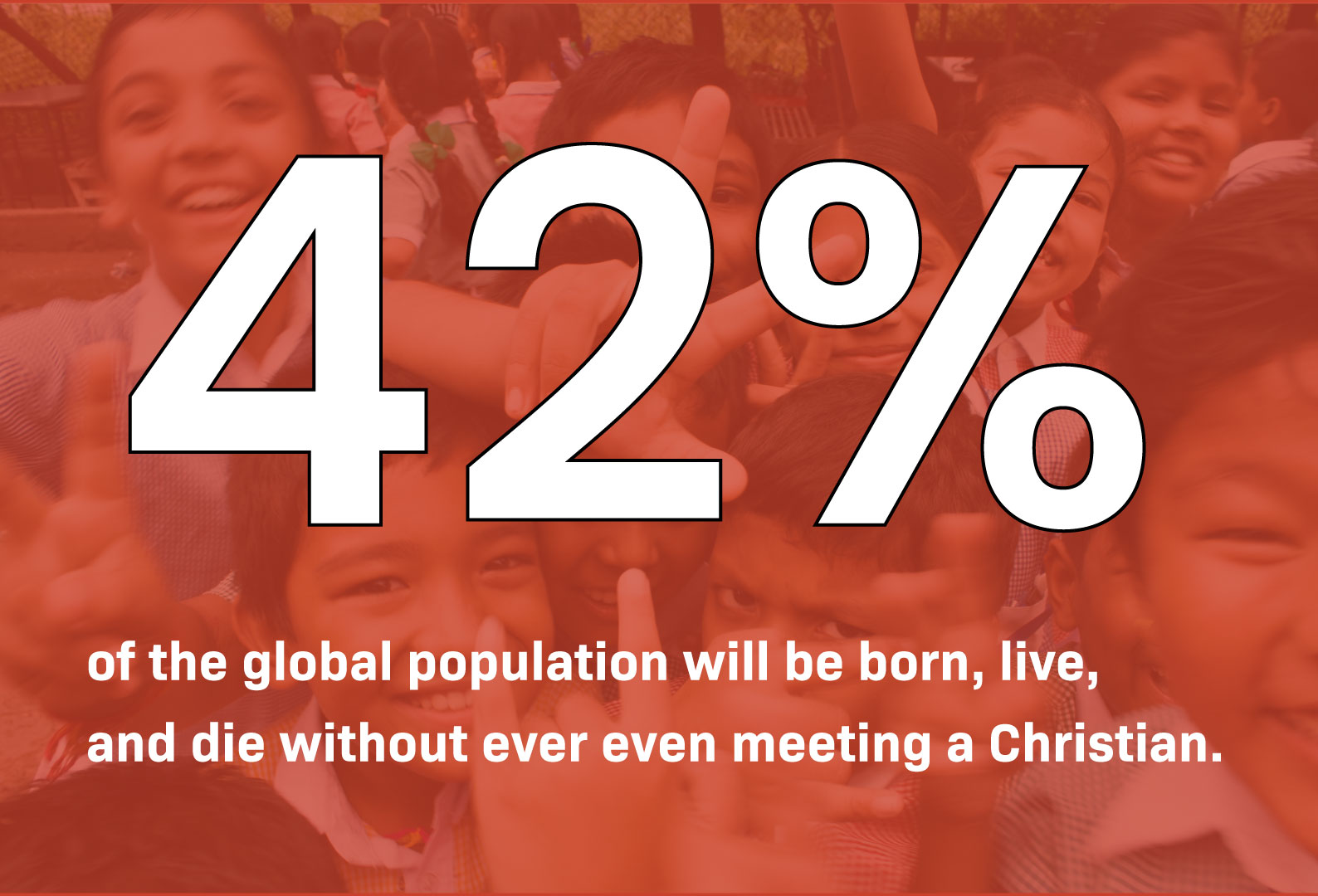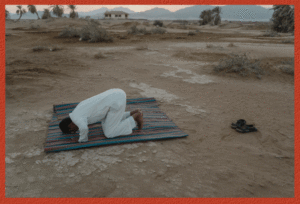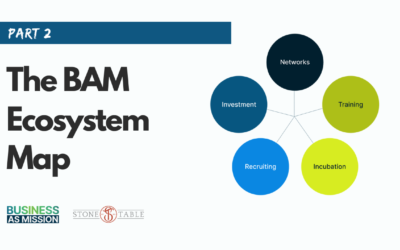What is Assemblies of God World Missions? (AGWM)

The Stone Table has been deeply connected with AGWM Missions (otherwise known as Assemblies of God World Missions) even before our official inception. At over a century old, AGWM Missions is one of the largest and most historically effective missions organizations in the world. A majority of our global mission investing has been in AGWM Missions and AGWM missionaries.
As outside partners of Assemblies of God World Missions, I don’t want to try and articulate their missiology (their missions methods, and purposes) for them, but I will highlight some key aspects of their missions philosophy that intersect with our vision here at The Stone Table. These are foundational reasons for our long-term relationship with AGWM Missions, alongside our deep and abiding friendships with so many AGWM missionaries on the field.
Recently, I had the chance to talk with Greg Beggs, the Regional Director for Africa at AGWM. You can hear many of these ideas articulated directly from one of AGWM Mission’s key leaders by clicking here.
AGWM Missions Plants and Supports the Indigenous Church
Since its inception, AGWM has strived to plant, empower, and support the indigenous church and indigenous pastors on foreign soil. In contrast with the imperialistic caricature of missions work – where a Western leader plants a church in a foreign country, remains in the leadership of that church and shapes it in his or her own culture and image – AGWM Missions has focused on allowing the church to develop and flourish in its own context and under its own local leadership.
Much of this missiology can be attributed to a woman named Alice Luce, a British-born Anglican missionary that connected with the Pentecostal roots of AGWM Missions during her time in India.
In a famous 1921 article that continues to influence AGWM Missions today, Luce “endeavored to show that the Apostle Paul taught that missionaries should aim to build indigenous churches — churches that were self-supporting, self-propagating, and self-governing. Importantly, this indigenous church principle differed from the majority of mainline Christian missions agencies, which equated Westernization with Christianization. The Apostle Paul, according to Luce, preached Christ, not culture” (See “This Week in AG History,” Darrin J. Rogers, January 2016).
I have seen this push for indigenous church planting with my own eyes. During a recent trip to a 99.9% Muslim country on the continent of Africa, I met a local pastor and his family that was being trained, mentored, and funded by the local AGWM missionaries in the area.
The missionary team was not there to rule over the local pastor but to empower, equip, and help evangelize the area so that he and his family could lead the small, local congregation in their own context and culture. We were even able to witness a baptismal service where the local pastor welcomed new converts into his congregation. It was one of the most moving moments of my life.
This focus on indigenous church planting is a core value of AGWM Missions.
AGWM Missions Has a Focus on Unreached People Groups
Jesus last words to His disciples before He ascended into heaven are known as the Great Commission:
“And Jesus came and said to them, ‘All authority in heaven and on earth has been given to me. Go therefore and make disciples of all nations, baptizing them in the name of the Father and of the Son and of the Holy Spirit, teaching them to observe all that I have commanded you.'”
The word that Jesus uses in this final charge to His disciples is the Greek word “ethnos,” which is often translated as a nation. Digging deeper into the original language, it actually means people joined by similar customs or culture. We call these “people groups.”
Did you know there are between 6,000-7,000 people groups around the world who are “unreached” with the Gospel, defined as less than 2%, Christian? About 1,500 of these people groups have absolutely no access to the Gospel whatsoever.
3 billion people. 3,000,000,000. That’s a lot of zeroes before the decimal point. It equates to approximately 42% of the global population, many of whom could be born, live, and die without ever even meeting a Christian, let alone hear the Good News of the Gospel.
I met a woman in Tanzania a few years ago that brought this reality home for me. We were traveling into the bush, into national geographic Africa, when we saw her walking along the side of the road carrying her sick baby. We pulled our vehicles to the side of the dirt road and the local tribesman engaged her in conversation.
Her child was sick and she was taking him to the local witch doctor in the next village over. As the team engaged her in conversation and asked to pray for her, I heard them say through the translator: “We would like to introduce you to Jesus.”
Her eyes got big and a smile spread across her face. “I would love to meet him. I will be back in my village this afternoon. Please bring him by, I will make some tea.”
That was a sobering moment for me. It was the first time I had ever met a person who literally had zero idea who Jesus was. She had never heard His name; let alone the gift of life He longs to give her. This is an injustice we are passionate about here at The Stone Table, and we share that passion with our friends at AGWM Missions.
AGWM Missions Has a Growing Passion for Business as Mission
As champions of the marketplace’s role in the Kingdom of God, The Stone Table has noted the surge in Business as Mission (BAM) as a missiological strategy for the 21st Century. AGWM Missions has embraced this growing opportunity as a key strategy for access, platform, sustainability, and community impact. Business itself is also a beautiful mechanism for demonstrating and proclaiming the Gospel in these unreached communities.
AGWM Missions has taken this to heart and even launched a separate BAM Office that supports over 100 BAM businesses around the world. The Stone Table has joined hands with the BAM Office to continue pushing business as missions forward within the context of AGWM Missions and beyond.
We are utilizing all kinds of different business models depending on the needs of the area and the skillsets of the AGWM missionaries on the ground:
- Business English Schools: in certain areas of the world learning English can mean a huge jump up the socio-economic ladder. These business English schools can support themselves financially, provide revenue for the missionary teams to hire local employees, and teach locals a real skill that adds value to their lives and the surrounding community. Language lessons also provide ample time for vital conversations that often turn toward Christ.
- Crossfit Gyms: the Crossfit craze is not just an American phenomenon, it’s become a global movement. Crossfit gyms are highly relational, community-based, and often relatively inexpensive to start. We are seeing the church planted in unreached areas of the world through Crossfit.
- Restaurants and Coffee Shops: American coffee and cuisine draw huge interest around the world. Coffee shops and food service allow for supply chain relationships that benefit other businesses in the community while also providing hang-outs for locals, many of who become regulars. These kinds of relationships become the currency of the Kingdom.
These are just a few of the powerful BAM platforms being utilized by AGWM Missions that are benefitting global communities both economically and spiritually. The marketplace has always been meant to play a vital role in God’s Kingdom.
Our friends at AGWM Missions have been touching the world in so many ways for over a century now, planting the indigenous church, engaging unreached people groups, and harnessing creative methods to demonstrate and proclaim the Gospel to the ends of the earth. We’re proud to partner with their vital work.





